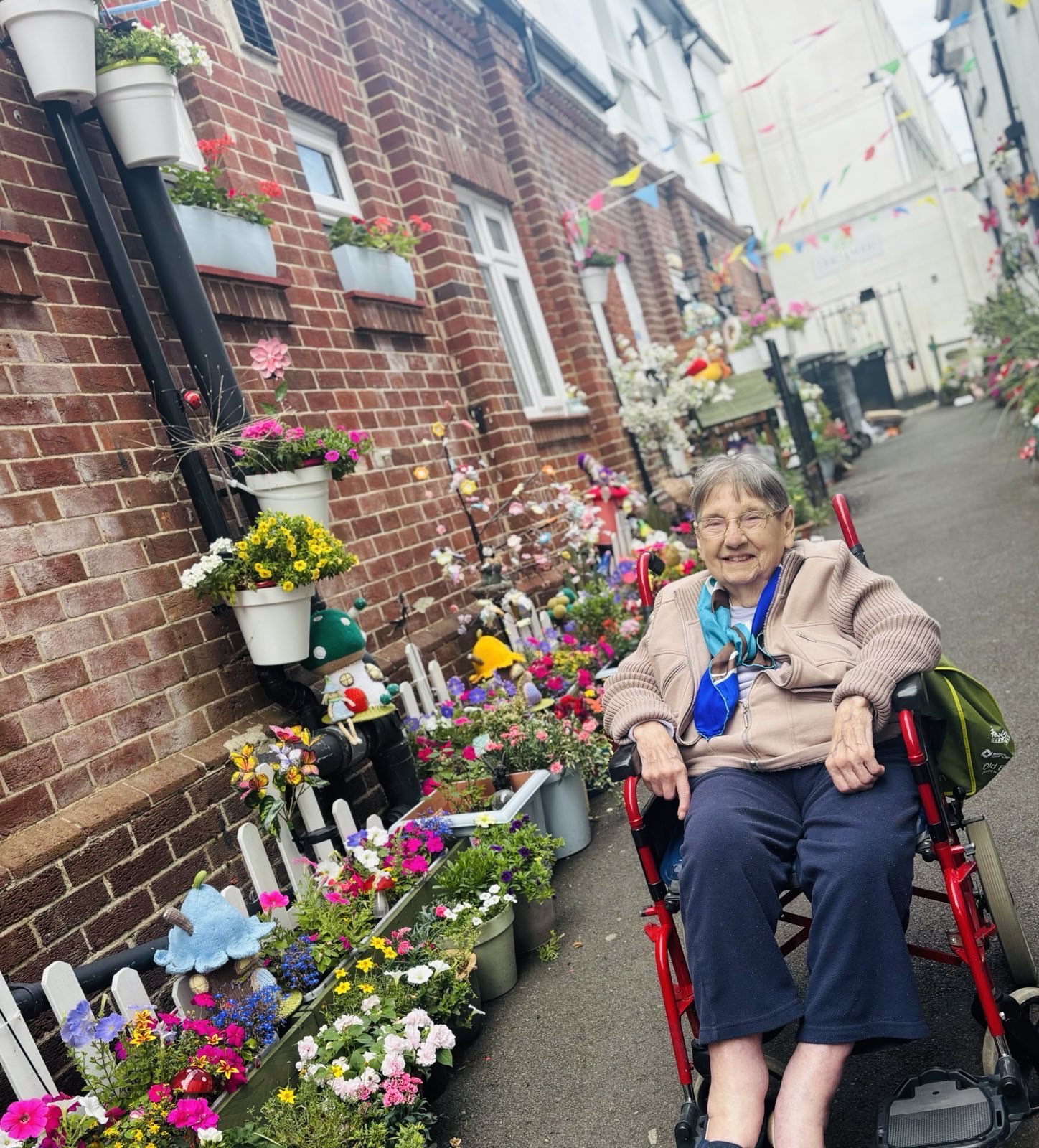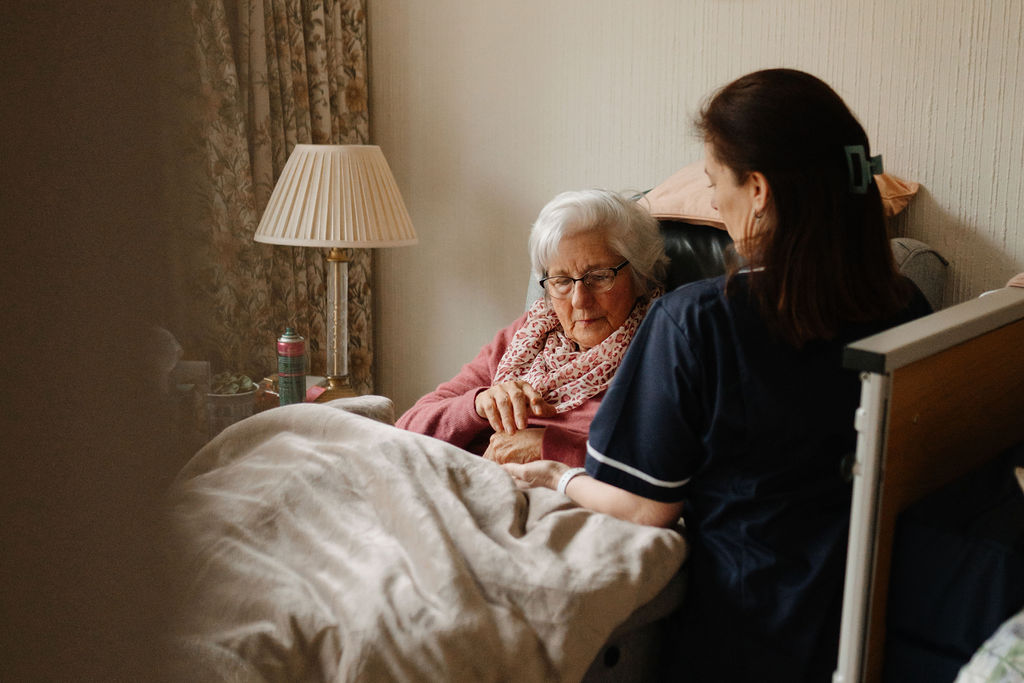Keeping elderly and vulnerable adults safe during heatwaves

The UK may not be known for extreme weather, but heatwaves are becoming more frequent and they can be dangerous, especially for older people and vulnerable adults.
Many people in this group may not realise they’re overheating until it’s too late. Health conditions, certain medications, or reduced mobility can all increase risk. If you’re supporting a loved one during a hot spell, here’s what you need to know – and how to help keep them safe.
Why Are Older and Vulnerable Adults More at Risk in Hot Weather?
As we age – or if we’re living with a long-term health condition – our bodies respond more slowly to changes in temperature. People may also be:
- Less likely to feel thirsty
- Taking medication that affects hydration
- Living alone or in poorly ventilated homes
- Less mobile or able to move to cooler spaces
These factors can quickly increase the risk of heat exhaustion or heatstroke, which can be life-threatening if not spotted early.
Signs of Heat-Related Illness
Look out for:
- Headaches or dizziness
- Fatigue or weakness
- Nausea or confusion
- Hot, dry skin (or excessive sweating)
- Rapid pulse or shallow breathing
If you notice these signs, especially in someone with existing health conditions, seek medical advice immediately.
.png)
8 Ways to Keep Elderly Loved Ones Safe in a Heatwave
1. Encourage Hydration – Even If They’re Not Thirsty
Aim for small, frequent sips of water. Offer herbal teas, diluted juice, or foods with high water content like melon and cucumber.
2. Keep Curtains Closed During the Day
Shut blinds or curtains in sunny rooms, particularly during peak heat hours (11am–3pm). Open windows early in the morning or late evening for ventilation.
3. Dress for Comfort
Light, loose-fitting cotton clothing is best. Avoid dark colours and encourage wearing a hat if they go outdoors.
4. Adjust Routines
Help your loved one stay inside during the hottest part of the day. Schedule walks, appointments, or errands for early morning or late evening when it’s cooler.
5. Cool the Skin
A damp flannel on the neck or wrists, a lukewarm shower, or using a fan can help reduce
6. Check Medication and Health Needs
Some medications increase dehydration risk. Speak to a GP or pharmacist if you’re unsure. Keep a close eye on existing health conditions, as heat can worsen symptoms.
7. Stay in Touch
If your loved one lives alone, check in regularly by phone or in person. Consider a daily wellbeing call or extra home visits during periods of extreme heat.
8. Enjoy the Sunshine, Safely
Summer isn’t just about staying indoors. With the right support, older adults can still enjoy time in the garden, a gentle stroll, or even a favourite outing. Our carers can help plan safe excursions, ensure hydration, and offer companionship – so your loved one can enjoy the sunshine without the risks.
How District Health Can Help
Our trained carers are experienced in providing safe, compassionate home care in all weather conditions – including during heatwaves.
We can:
- Monitor hydration and health
- Help manage medication
- Provide personal care and hygiene support
- Ensure your loved one’s environment remains cool and safe
- Support outdoor activities and safe routines
Whether you need daily care, short-term help during a hot spell, or live-in support, District Health is here to help.
Get in touch for a free consultation. Contact us today.


.png)
.png)
